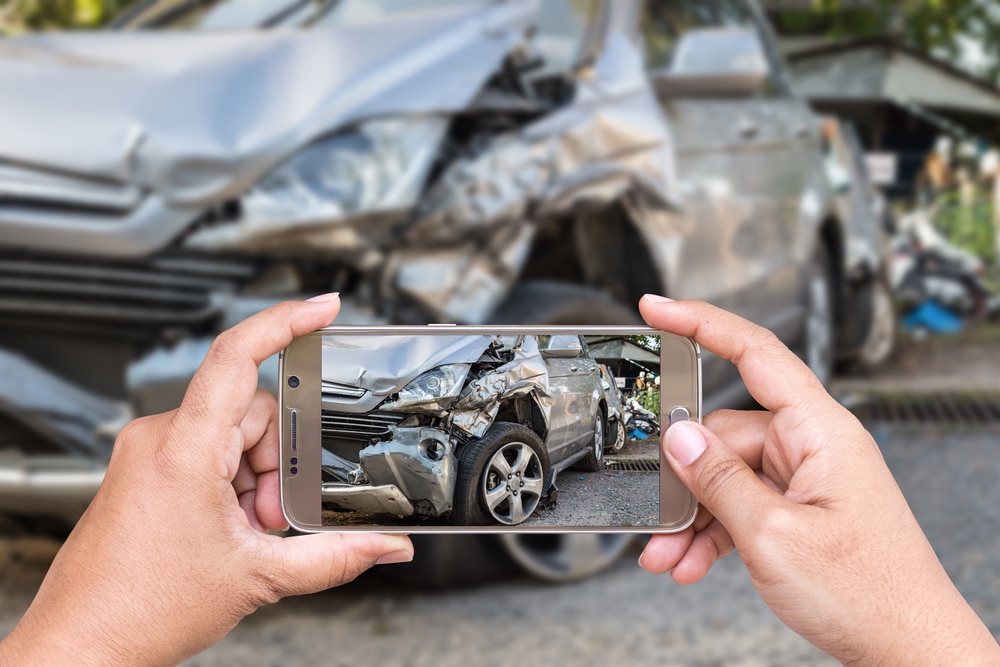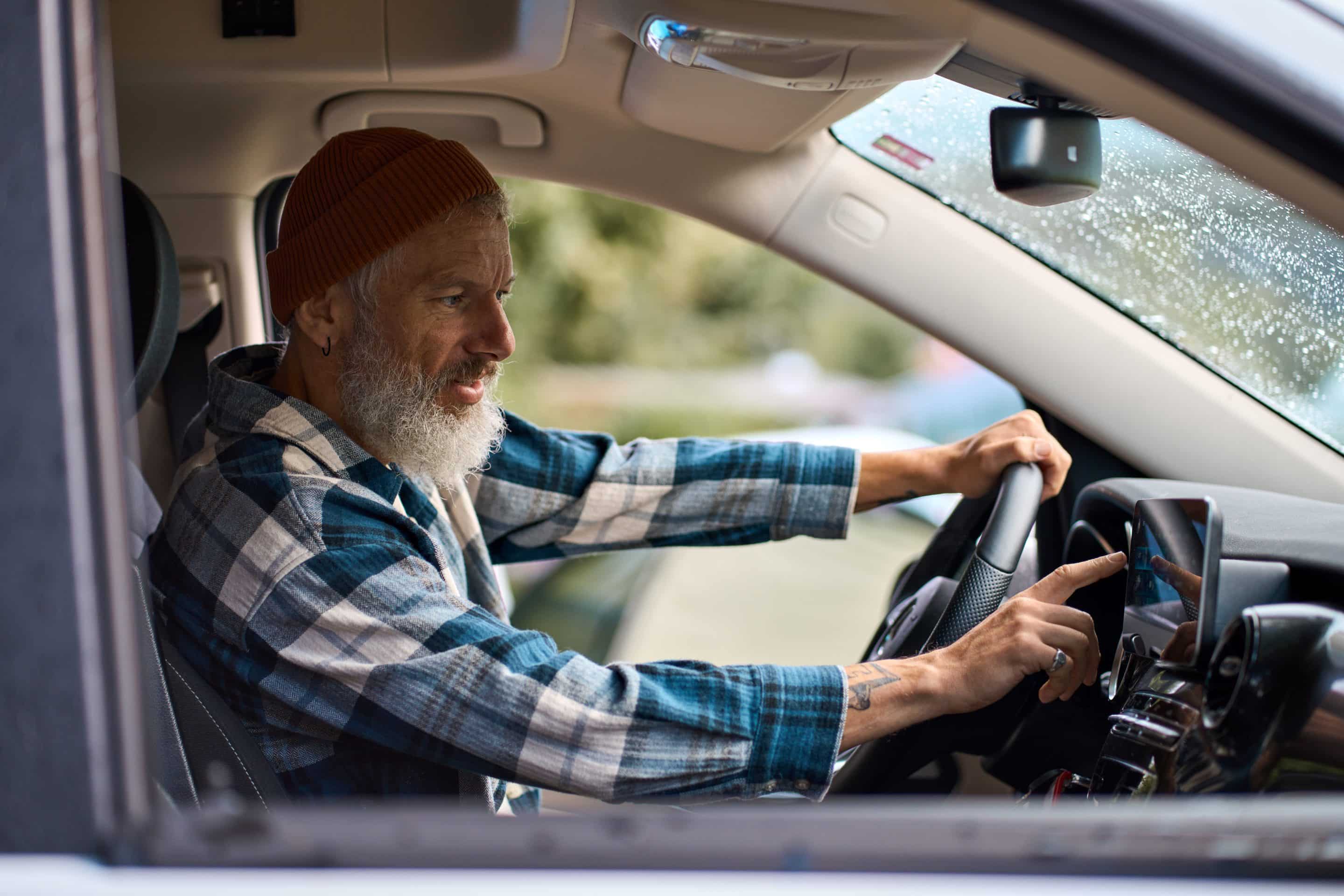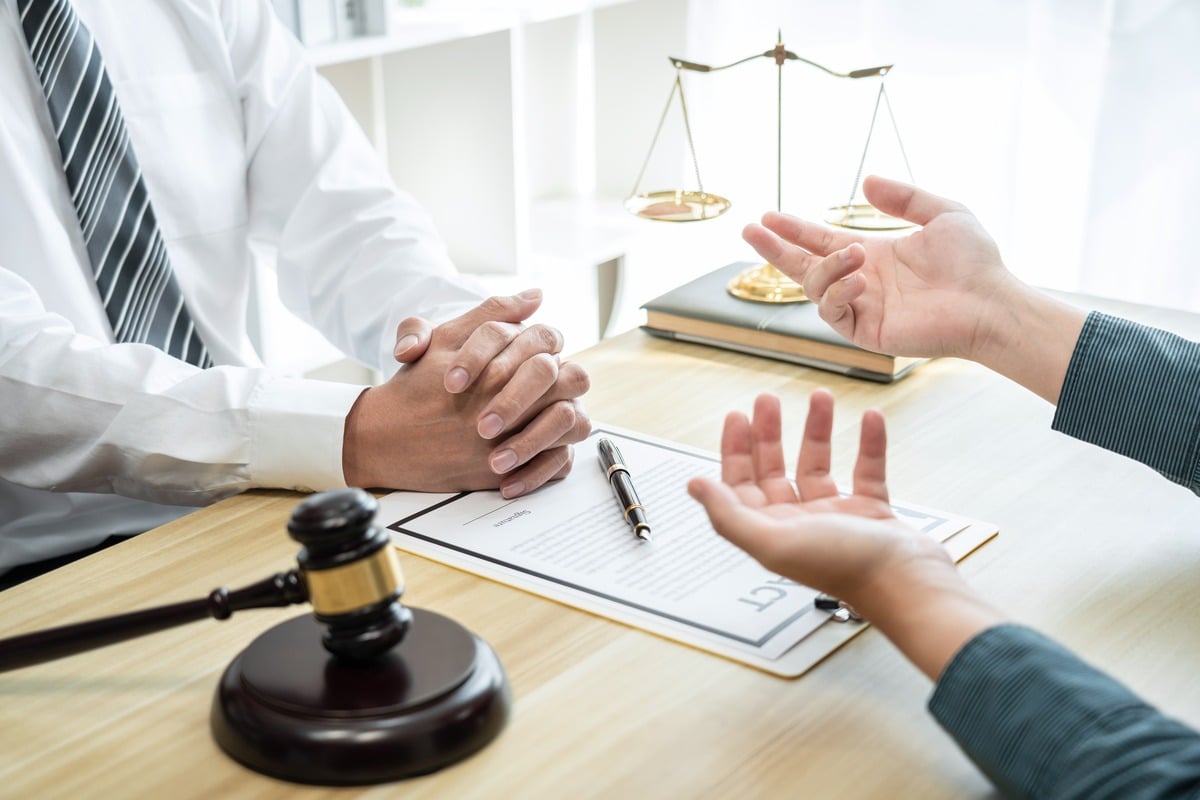How to Handle a Car Accident with an Elderly Driver
Table of Contents:
-
- Introduction: Why Elderly Driver Accidents Require Special Attention
- Steps to Take Immediately After an Elderly Driver Car Accident
- What Makes Elderly Driver Accidents Legally Unique?
- Medical and Cognitive Factors Behind Elderly Driving Risks
- Common Causes and Risk Factors
- Why Hiring a Lawyer Is Critical
- Call to Action: Protect Your Rights with Roxell Richards Injury Law Firm
Introduction: Why Elderly Driver Accidents Require Special Attention
As America’s population grows older, so does the number of licensed drivers over the age of 65. According to the Insurance Institute for Highway Safety (IIHS), elderly drivers accounted for 20% of all drivers in 2024, a significant rise from the previous decade.
Many seniors maintain safe driving habits, but the natural effects of aging, such as declining vision, slower reaction times, and certain chronic conditions, make elderly driver car accidents more complicated from both a medical and legal standpoint.
These collisions aren’t always straightforward fender benders. They involve sensitive family matters, disputed fault, and, often, complex legal interpretations. Whether you’re the elderly driver or another involved party, understanding how to navigate this situation legally and ethically is essential.

-
- Vehicle damage
- Street signs and traffic signals
- Weather conditions
- Road hazards
- Any visible injuries
- The elderly driver’s condition (if visibly disoriented or distressed)
Ask any bystanders or nearby residents if they witnessed the accident. Get their names and phone numbers. Independent third-party accounts can be key in proving your case.
7. Seek Medical Attention
What Makes Elderly Driver Accidents Legally Unique?
Age Does Not Equal Liability, But Medical Conditions Might
Potential for Negligent Entrustment
Licensing Restrictions and Failures
Diminished Capacity Defense
Medical and Cognitive Factors Behind Elderly Driving Risks
Understanding the medical factors that may contribute to elderly driver car accidents can help identify preventable issues and build a strong case for potential litigation.
Vision and Hearing Loss
Slower Reaction Times
Chronic Medical Conditions
Medications
Cognitive Impairments
Common Causes and Risk Factors
Here are some of the most common reasons elderly driver car accidents happen:
1. Confusion at Intersections

Cognitive lapses can lead to driving on the wrong side of the road or entering one-way streets incorrectly, especially in unfamiliar neighborhoods.
3. Failure to Obey Traffic Signs
Due to vision problems or confusion, elderly drivers may miss stop signs, speed limit changes, or crosswalk markings.
4. Drifting or Lane Departure
Drowsiness, poor coordination, or a medical event can cause the driver to swerve or drift into adjacent lanes.
5. Poor Nighttime Visibility
Why Hiring a Lawyer Is Critical
A car accident with an elderly driver can quickly evolve into a complicated legal maze involving insurance disputes, medical assessments, family conflicts, and nuanced state laws.
Here’s why you need a personal injury lawyer, especially from Roxell Richards Injury Law Firm:

We’ve worked on countless cases where a driver’s health was central to proving fault or defending against it. We collaborate with medical professionals and accident reconstruction experts to build strong, evidence-based claims.
2. We Handle Sensitive Family Dynamics
If the driver is your parent, grandparent, or spouse, it can feel like you’re betraying them by seeking legal help. We’ll help you navigate the situation with professionalism, empathy, and discretion.
3. We Fight Insurance Company Bias
Insurers often use age-related stereotypes to delay or deny compensation. Our firm knows how to counter these tactics with medical facts and legal authority.
4. We Maximize Your Compensation
Call to Action: Protect Your Rights with Roxell Richards Injury Law Firm
🚨 Don’t wait. Every moment you delay gives insurance companies a head start.
An elderly driver involved in a car accident requires more than a generic legal approach; it demands experienced, compassionate, and determined representation.
Whether you’re:
-
- The victim of an elderly driver’s mistake
- A senior seeking to protect your rights
- A family member caught in a difficult situation
Let Roxell Richards Injury Law Firm advocate for you with care, strength, and results.
Houston, TX z7057
Phone: (713) 974-0388
Fax: (713) 974-0003
Frequently Asked Questions
What if the elderly driver appears disoriented or confused after the accident?
Do not make assumptions. Call emergency services immediately. Disorientation may indicate a medical emergency, such as a stroke or diabetic shock. Let first responders evaluate the driver and document their condition.
Should I call the police after an accident involving an elderly driver?
Yes. A police report is especially important when an elderly driver is involved because officers can document signs of confusion, medical episodes, or impairment that may be relevant to your claim.
Are elderly drivers automatically considered negligent in a crash?
No. Age alone cannot be used to prove negligence. But if medical records, vision issues, medication side effects, or cognitive decline affected their driving, these factors may play a role in determining liability.
What medical issues commonly contribute to elderly driver accidents?
Vision loss, hearing decline, slow reaction time, dementia, confusion, medication side effects, and chronic conditions like diabetes or heart problems can impact an elderly person’s ability to drive safely.
What if the elderly driver had a medical episode that caused the crash?
A sudden medical emergency may change how liability is assessed. However, if the driver had a known condition and continued driving against medical advice, they—or their family—may still be held responsible.

